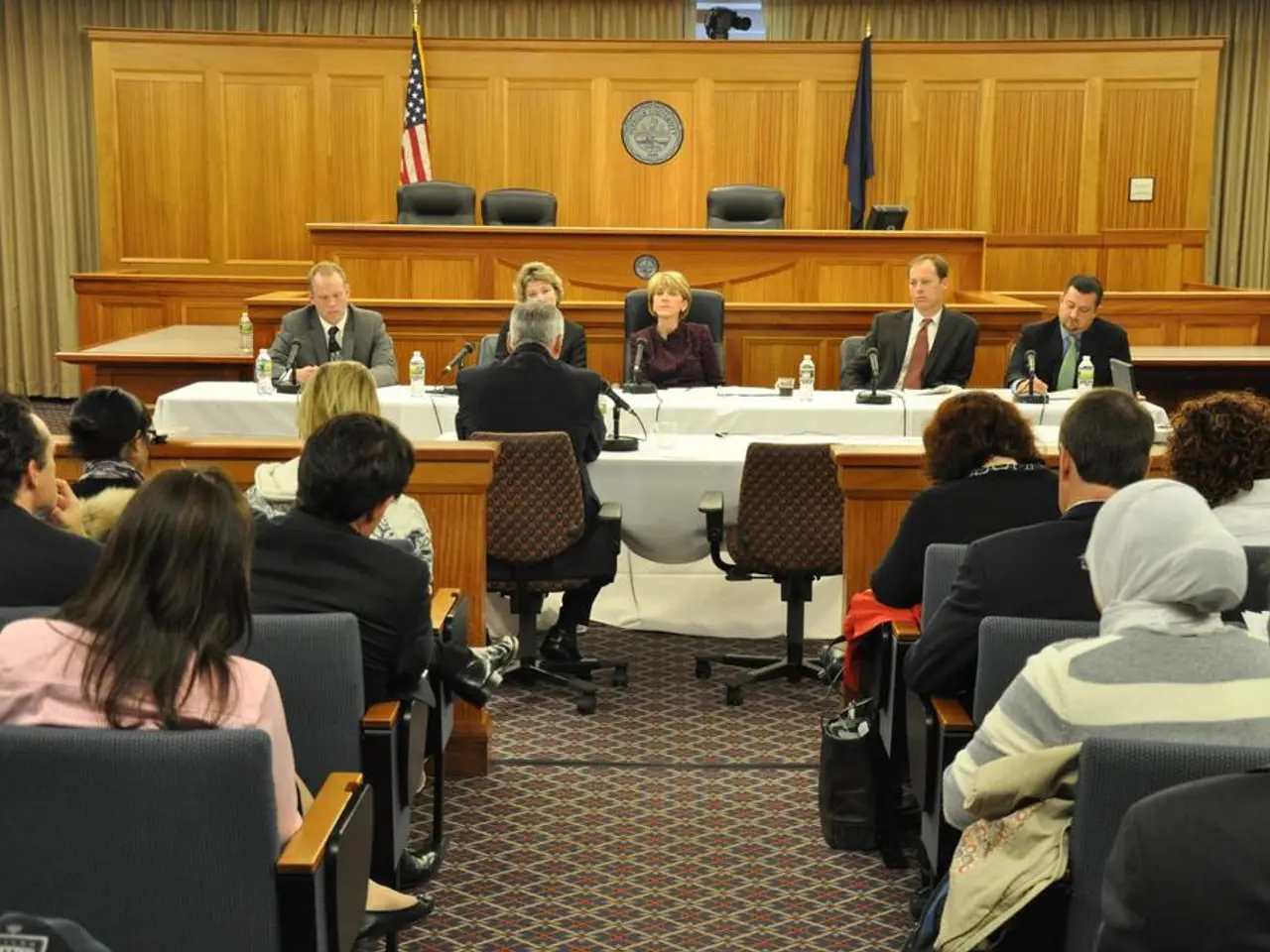European Union's Governing Body
The Council of the European Union, a key player in the European Union, is a single body that meets in different sectoral formations to discuss and decide on various matters. Each six months, the presidency of the Council rotates among the member states according to a predetermined system.
Germany last held the Council presidency in the second half of 2020. The presidency is held by the relevant minister of the member state that holds the Council presidency on a rotating basis. During their tenure, the presiding country works closely with the two preceding and the two succeeding member states to form a "trio."
The Council's work is supported administratively and organizationally by the Secretariat of the Council of the European Union. A large number of Council committees and working groups also prepare the Council's work content-wise. Two of these committees, COREPER I and II, assist the Council of the European Union in its work, meeting regularly to discuss and prepare for Council meetings.
The European Council, a separate entity, sets the general political objectives and priorities for the Union. The current High Representative of the European Union for Foreign Affairs and Security Policy is Kaja Kallas, who took over the position from Josep Borrell on December 1, 2024. In the Council of Foreign Relations, an exception to the composition of the presidency, the High Representative holds the permanent presidency, currently presided over by Josep Borrell.
The Council of the European Union, alongside the European Parliament, is responsible for European legislation. For the adoption of decisions in the Council, a qualified majority is required, which typically necessitates approval by 55% of all member states representing at least 65% of the total population.
The Council is divided into ten formations, including General Affairs, Foreign Affairs, Economic and Financial Affairs, Justice and Home Affairs, Employment, Social Policy, Health, and Consumer Protection, Competitiveness, Transport, Telecommunications, and Energy, Agriculture and Fisheries, Environment, Education, Youth, Culture, and Sport.
For more information about the Council of the European Union, please visit their website at www.consilium.europa.eu/de/.
Read also:
- United States tariffs pose a threat to India, necessitating the recruitment of adept negotiators or strategists, similar to those who had influenced Trump's decisions.
- Weekly happenings in the German Federal Parliament (Bundestag)
- Southwest region's most popular posts, accompanied by an inquiry:
- Discussion between Putin and Trump in Alaska could potentially overshadow Ukraine's concerns





